However, the re-enactment is not perfect because the author - the narrator - is not clear about everything. And the name of the memoir Sincere can be seen as an act of "confession" to the past, an effort to let go and acknowledge one's own imperfections.
18a1.jpg
Sincerity was written by Hua Hsu in memory of Ken - a Japanese-American friend who died in a carjacking, interwoven with generational concerns and the desire to affirm the identity of Asian immigrants in the land of the flag.
Hua Hsu is a professor of English at Bard College and a staff writer for The New Yorker . His writings and works often focus on immigrant culture in the United States and multiculturalism, including his first book, A Floating Chinaman: Fantasy and Failure Across the Pacific . His second book , Honesty , won the 2023 Pulitzer Prize for Memoir /Autobiography.
Finding Identity in American Society
Much of the book attempts to recreate the American pop culture landscape through music , movies, and fashion of the 1990s, through the eyes of a young Asian. "I was an American kid, I was bored, and I was looking for my community," Hua Hsu writes.
The author describes the process of "becoming an American" as also accepting and absorbing the cultural products here. Wanting to be different, Hua Hsu sought out the diversity of subcultures such as the rebellious punk culture. He passionately talks about the joy of making zines (a form of self-published publication, distributed in a small community), about his interest in student movements, or trips to the Amoeba Records store, or simply hanging out with friends all night long.
For Hsu’s parents, the “American dream” was simply about making a living, while for the generations that followed, it was about assimilation and asserting one’s identity in a multi-ethnic society. Although sometimes, the process of assimilation can leave these children disconnected from their home culture, as Hsu admits, feeling “like an outsider” while sitting with his parents on rickety stools eating beef noodles in Taiwan.
On the other side of the world, Hsu’s father tried to connect with his son by faxing letters to him to update him on news in the US. The letters were written in broken English (though they would not be fully translated into Vietnamese), in which the father and son discussed events happening in the US such as the suicide of singer Kurt Cobain at the age of 27, and Hsu’s father always ended with the question “What do you think?” or “Do you agree?”.
Reading the confessions, readers can feel the father's efforts to understand his son. This image brings a different perspective from the popular image of Asian parents, at the same time reflecting a generation of Asian parents who are more open, willing to listen and accompany their children on the journey to adulthood.
Face to face
Not only does Thanh That recreate the cultural colors of a period, it also records the feelings of friendship with the deceased. If Hsu lives a "straight edge" lifestyle - staying away from drugs, alcohol and cigarettes, then his friend Ken is the antithesis with a confident, lively personality and interested in everything in life. Despite their contrasts, they still remain friends, spending many long nights together, debating about music and movies.
The author explains that this difference lies in deeper causes: Hsu's parents were Taiwanese who came to the US to make a living and then returned to their homeland to help build the fledgling semiconductor industry, while Ken's family had been in the US for generations, giving him a confidence and proficiency that Hsu could not have.
Ken's death came at a time when Hsu was still uncertain about his future and his identity. The climax of the story lacked any dramatic twists or shocking revelations like in the novel. Ken's accident was just another robbery and murder among thousands of other incidents that occur every day across America.
The question of “How to write about the death of a close friend?” was a concern that haunted Hsu throughout his writing process, even years after the incident. Hsu carried a sense of guilt, constantly replaying his actions on that fateful night. He feared that he would unintentionally idealize Ken or turn the story into an overly self-centered experience, rather than a true account of the deceased.
At the end of the memoir, the author admits that during their time together, he never really understood Ken, but only saw a part of his friend. He imagined how Ken's life would have continued if he had still been alive, but was also unsure whether their relationship would have continued after graduating from college. Through writing down his inner turmoil, the author came to accept that his friend's journey had stopped at his youth.
Without being pathetic or sugarcoating reality, Sincerity is a book for those who want to delve into the spiritual life of an Asian American with its conflicts, regrets, and desire for connection in a multi-ethnic society.
Source: https://thanhnien.vn/thanh-that-voi-qua-khu-cau-chuyen-ve-manh-ghep-hoi-uc-cua-mot-nguoi-my-goc-a-185250704221754619.htm



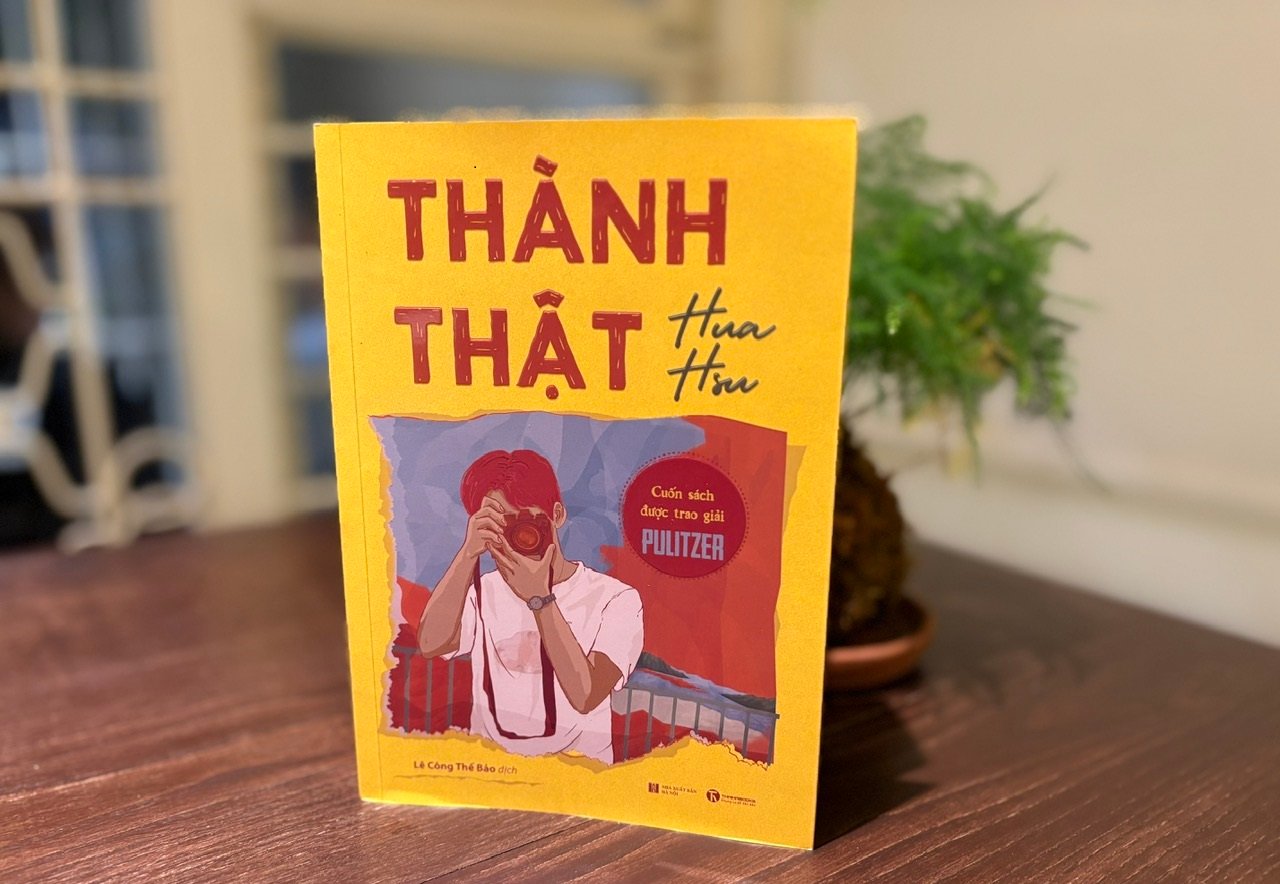
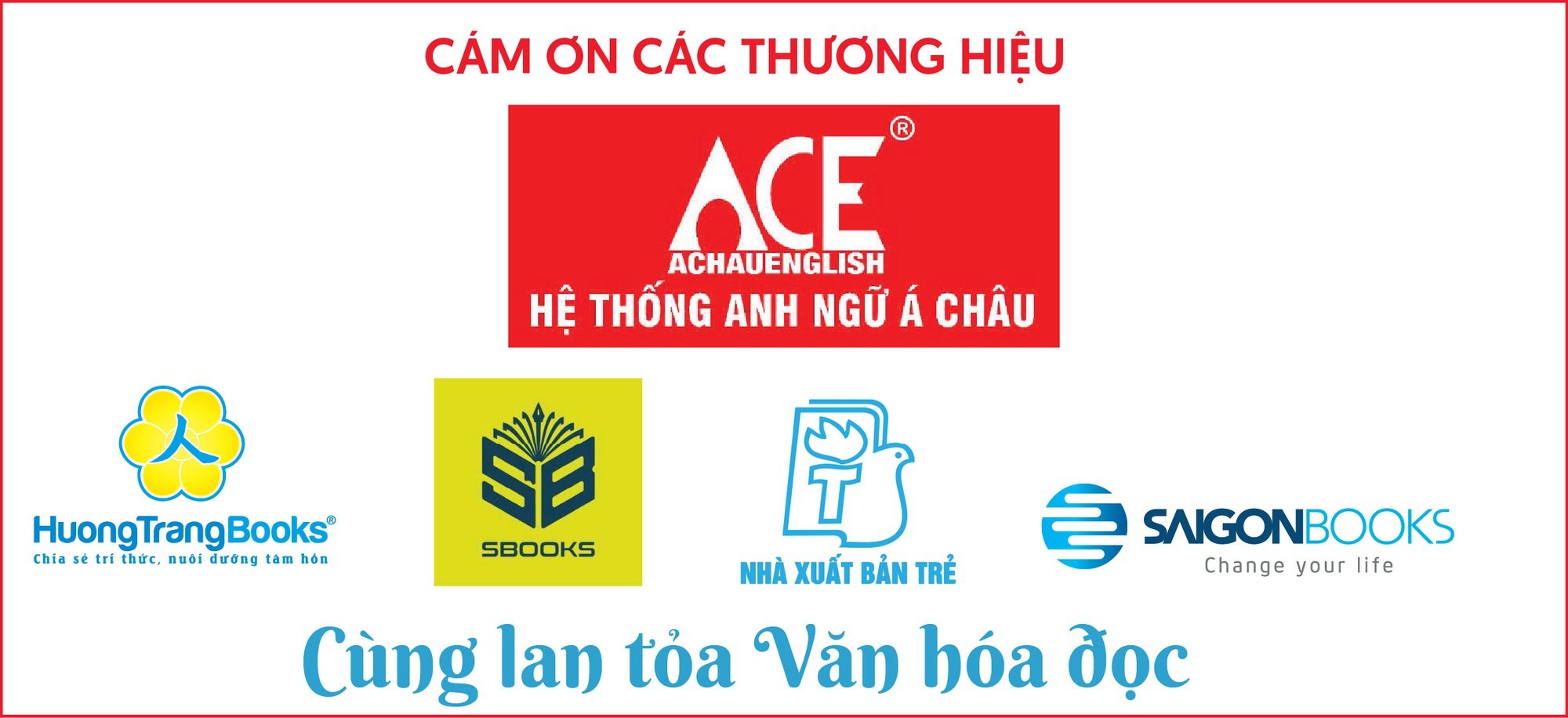

![[Photo] Prime Minister Pham Minh Chinh meets with Speaker of the New Zealand Parliament Gerry Brownlee](https://vphoto.vietnam.vn/thumb/1200x675/vietnam/resource/IMAGE/2025/8/28/cec2630220ec49efbb04030e664995db)
![[Photo] General Secretary To Lam presents the 45-year Party membership badge to comrade Phan Dinh Trac](https://vphoto.vietnam.vn/thumb/1200x675/vietnam/resource/IMAGE/2025/8/28/e2f08c400e504e38ac694bc6142ac331)
![[Photo] General Secretary To Lam attends the opening ceremony of the National Achievements Exhibition](https://vphoto.vietnam.vn/thumb/1200x675/vietnam/resource/IMAGE/2025/8/28/d371751d37634474bb3d91c6f701be7f)
![[Photo] Red flag with yellow star flutters in France on National Day September 2](https://vphoto.vietnam.vn/thumb/1200x675/vietnam/resource/IMAGE/2025/8/28/f6fc12215220488bb859230b86b9cc12)
![[Photo] Politburo works with the Standing Committee of Cao Bang Provincial Party Committee and Hue City Party Committee](https://vphoto.vietnam.vn/thumb/1200x675/vietnam/resource/IMAGE/2025/8/28/fee8a847b1ff45188749eb0299c512b2)
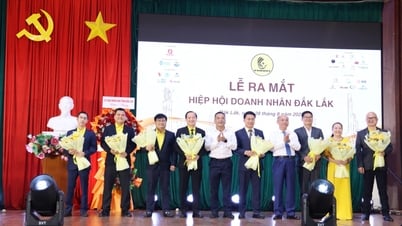

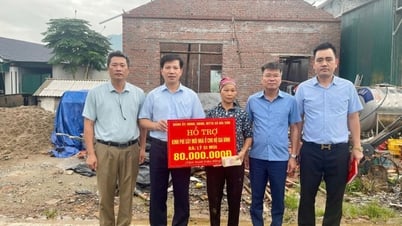

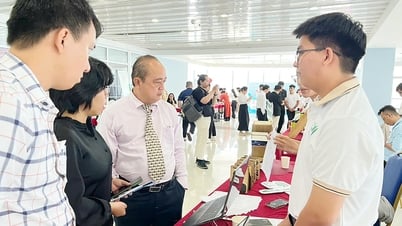



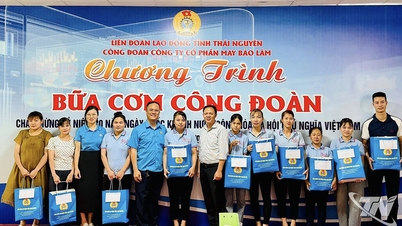

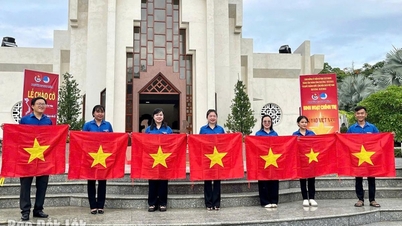





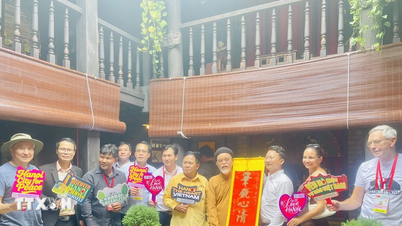



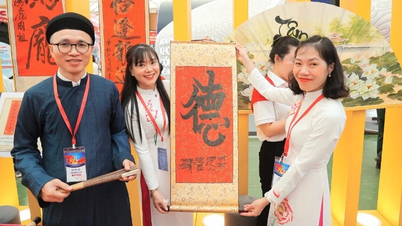




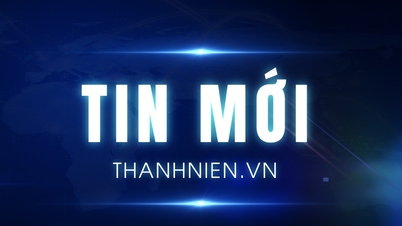







































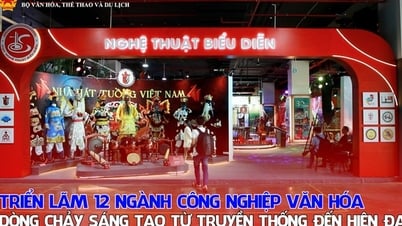




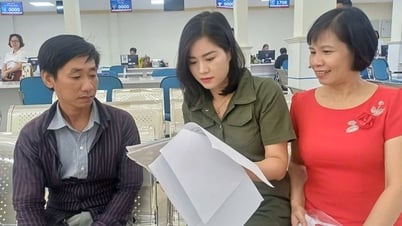




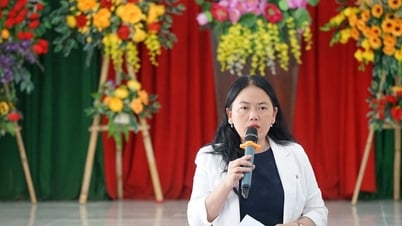



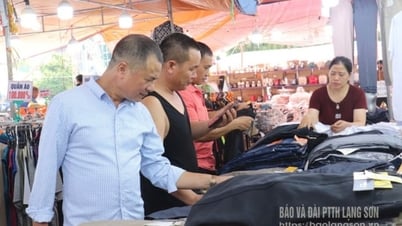















Comment (0)